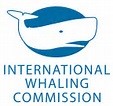| Headquarters: |
Cambridge, UK
|
|
|
| Website: | https://iwc.int | ||
| Description: | The International Whaling Commission (IWC) is the global body charged with the conservation of whales and the management of whaling. | ||
| Summary: |
The IWC currently has 88 member governments from countries all over the world. All members are signatories to the International Convention for the Regulation of Whaling. This Convention is the legal framework which established the IWC in 1946. The preamble to the Convention states that its purpose is to provide for the “proper conservation of whale stocks and thus make possible the orderly development of the whaling industry.” |
||
| Organization Type: | International Commission (to support an international convention) | ||
| Issue areas covered: |
The main duty of the IWC is to keep under review and revise as necessary the measures laid down in the Schedule to the Convention which governs the conduct of whaling throughout the world. These measures, among other things, provide for the complete protection of certain species; designate specified areas as whale sanctuaries; set limits on the numbers and size of whales which may be taken; prescribe open and closed seasons and areas for whaling; and prohibit the capture of suckling calves and female whales accompanied by calves. In addition, the Commission encourages, coordinates and funds whale research, publishes the results of scientific research and promotes studies into related matters, such as the humaneness of the killing operations. |
||
| Key opportunities and dates for input: |
Commission meetings are now biennial. |
||
| Requirements for participation: |
Any non-governmental organization which expresses an interest in matters covered by the Convention may be accredited as an observer. |
||
| Advocacy Opportunities: | |||
|
|||
- Home
- Directory
-
Our Programs
-
Strategic Advocacy Course
- Collaborations
- Humane Education
- International Policy
-
Model Animal Welfare Act
- Get the Book!
- Contents
- Part 1: Guiding Principles - A Broad Overview
- Part 2: Proposal for the Wording of a New Animal Welfare Act
-
Part 3: Explanatory Notes
- Notes to Chapter 1: Preliminary Provisions
- Notes to Chapter 2: General Provisions
- Notes to Chapter 3: Keeping of Animals/Care of Animals
- Notes to Chapter 4: Specific Categories of Animal Use
- Notes to Chapter 5: Implementation and Enforcement Provisions
- Notes to Chapter 6: Penal and Final/Concluding Provisions
- Constitution Project
-
Strategic Advocacy Course
-
Resources
- Events
- About Us
- Blog
From the Blog
-
The World Federation for Animals: A New Chapter for World Animal Net +
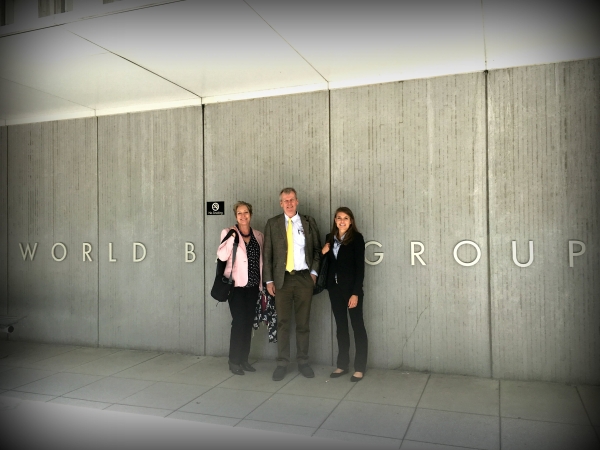 In 2013, I joined World Animal Net (WAN) alongside Akisha… Read More
In 2013, I joined World Animal Net (WAN) alongside Akisha… Read More
-
Launching an "Animals' Manifesto" for World Animal Day +
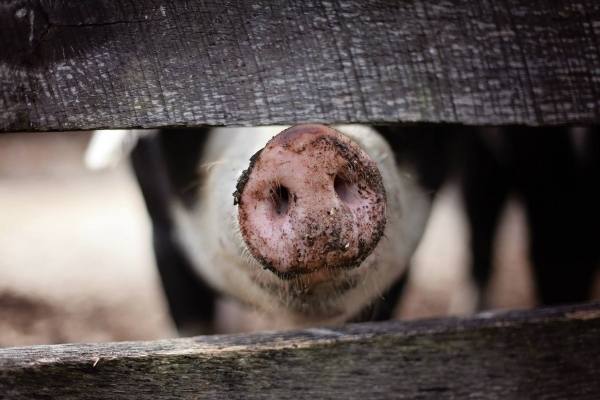 World Animal Net has brought together animal protection and environmental… Read More
World Animal Net has brought together animal protection and environmental… Read More
-
Join Asia for Animals in celebrating World Farmed Animal Day +
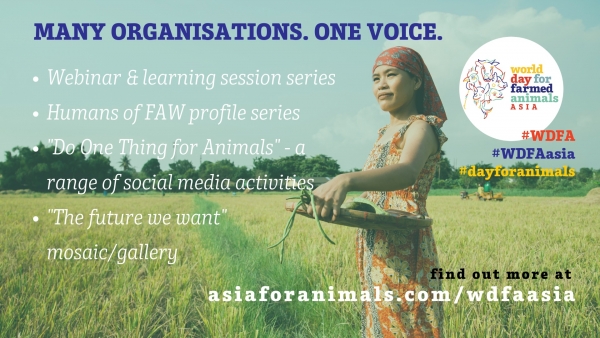 World Day for Farmed Animals Asia is on October 2nd… Read More
World Day for Farmed Animals Asia is on October 2nd… Read More
-
COVID-19 and the Development of the New Global Biodiversity Framework +
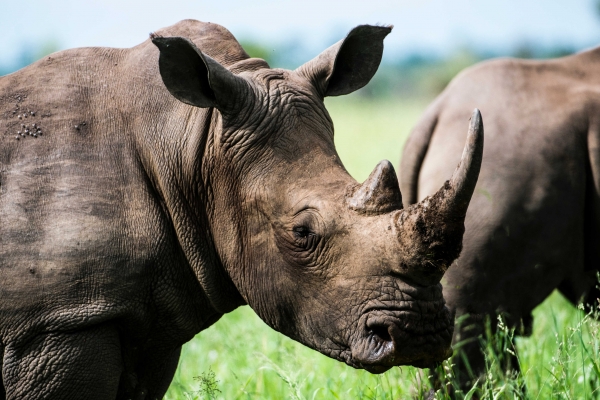 The Convention on Biological Diversity (CBD) is an international agreement… Read More
The Convention on Biological Diversity (CBD) is an international agreement… Read More
- 1


